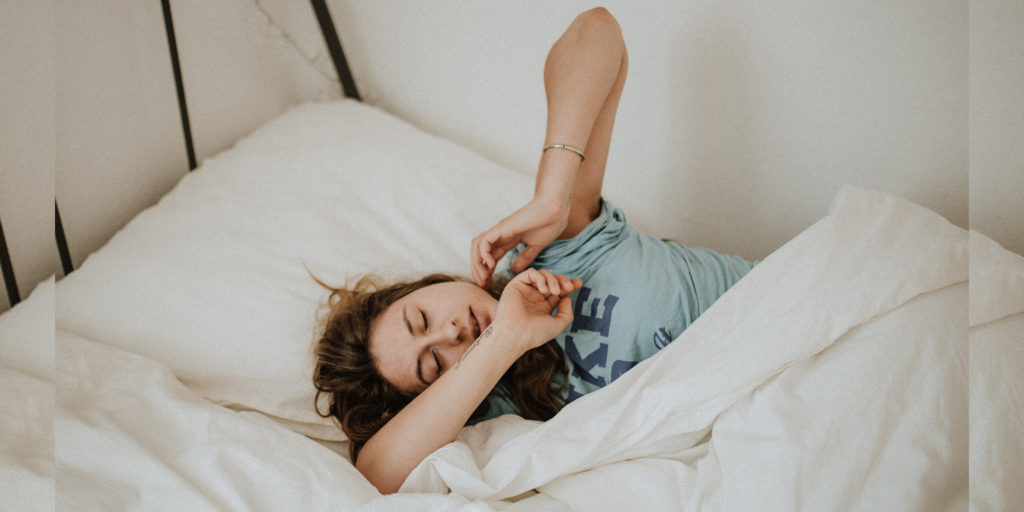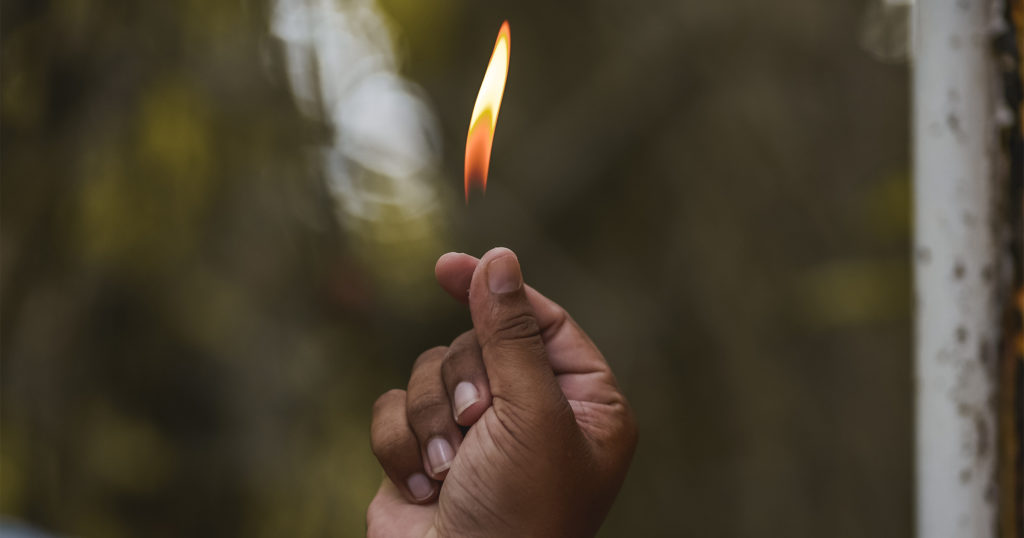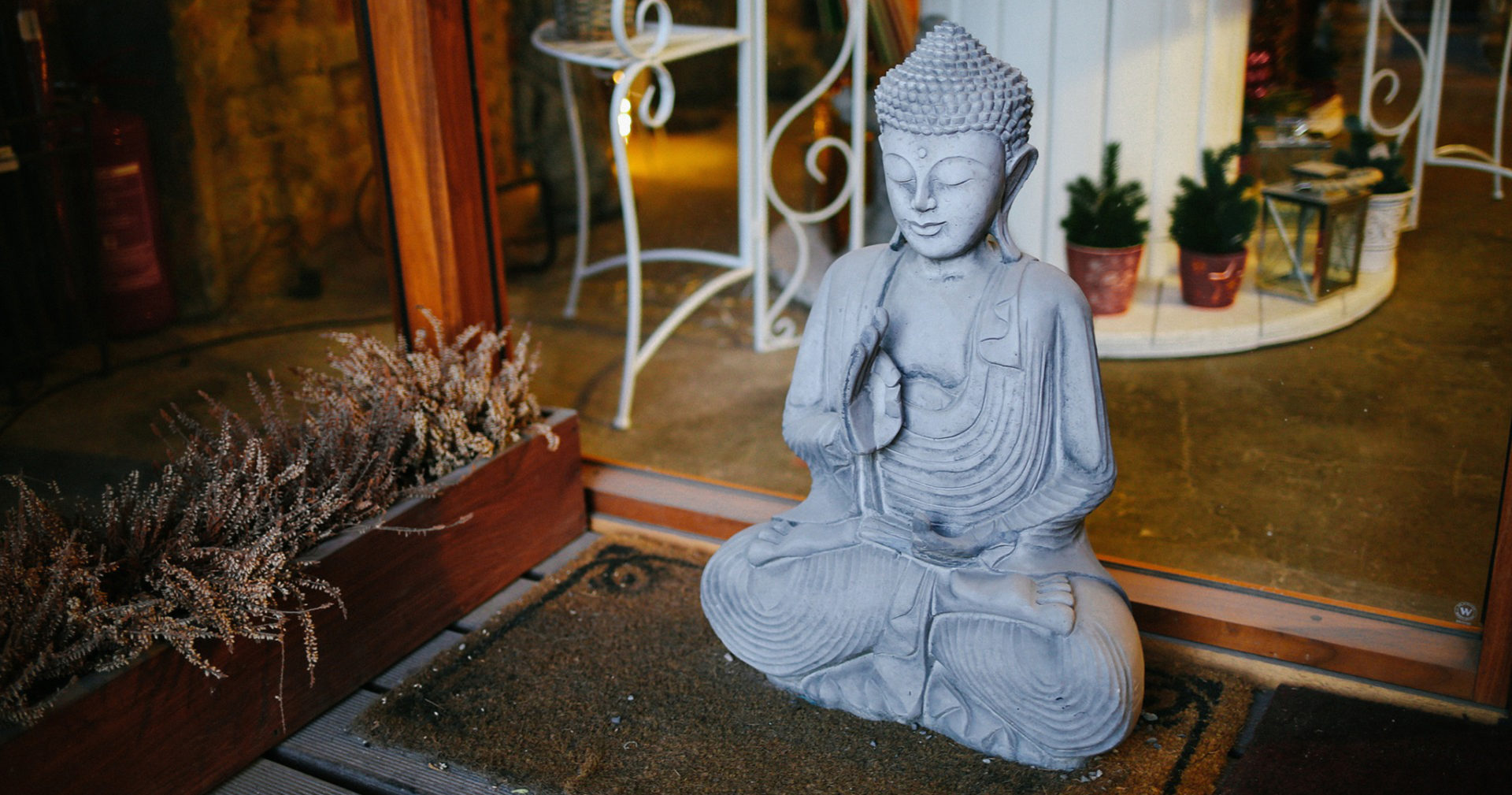Sleep deprivation is practically an epidemic.
Have you noticed lately how many people are saying they aren’t getting enough sleep?
It is a condition running rampant in society.
It is making us sick, irritable, depressed, hungry, and unproductive, to name a few woes.
What’s the difference between being tired and being sleep deprived, anyway?
With such busy lives, active kids’ schedules, family and social events, not to mention work obligations… It is no wonder that less than 65% of American adults are getting the recommended 7-9 hours of sleep per night. [Excellent article on sleep by Business Insider’s Kevin Loria.]
Increased stress throughout the day can lead to less-than-ideal sleep, so even if we are in bed for eight hours, it doesn’t mean we are getting quality rest.
Let’s take a moment to look at cues that you might be falling short in rejuvenating slumber.
- Mood
Probably all of us can relate to this. I’m tired, didn’t get enough sleep, and anything can set me off. Heaven help the first person I see who is talking too loudly, saying annoying things, making a mistake, or taking too much time! When our brain doesn’t get enough down time, it has trouble regulating emotions, and thus mood. If you notice that you are irritable, snappy, or impatient — in the morning, but really at any time of day, this is a a sign of sleep deprivation.
- Trouble falling back to sleep
We all wake up in the middle of the night, but naturally fall right back asleep. Do you wake up in the middle of the night at least four nights a week and struggle to fall back to sleep? We all experience the occasional sleepless night and groggy morning. And difficulty sleeping is to be expected during life’s transitions and stresses. But, when it becomes a regular occurrence unrelated to circumstances, it points to sleep deprivation. - Increased Appetite and/or Weight Gain
Have you noticed when you think you are eating super well, you are even exercising regularly, yet you are gaining weight? Lack of sleep can increase your appetite and lead to weight gain. The body’s need for energy produces cravings for sweets, carbohydrates, junk food in general. Sleep deprivation also causes imbalance to the hormones, which can also increase appetite. - Silly Mistakes
We’ve all been there… forgetting simple things, messing up the schedule, dropping stuff, being off balance (trip over your own foot, anyone?). When we don’t get enough or quality sleep, the brain can’t work as fast as it usually does, so the normal signal of the eye-to-brain-to-leg takes longer than walking up to the step you are about to trip on. - General Depression
Sleep deprivation has been noted as a symptom of clinical depression, not a sign, to be clear here. When you are deprived of the sleep needed to rejuvenate your body, it is hard to not see the dark at the end of the tunnel, so to speak. When poor sleep builds up over days, your usual chipper mode turns a bit dark and gray. Sometimes you might feel down but can’t quite pinpoint why. Chances are a few hours more sleep will help!
With long daily to-do lists and the whole world to tackle, it is easy for sleep debt to creep up.
Lack of sleep is sometimes used as a measuring device of one’s self-worth. Let’s face it, most of us want to feel wanted. So we do for others despite how it impacts what we need ourselves. Staying up late to catch up on tasks not completed during the day, or over weekend, for example. Could be Susie’s school project or typing up the minutes from the volunteer committee meeting you attended last week.
Exposing yourself to sleep deprivation, besides making you fuzzy-headed, irritable, and exhausted, can also lead to weight gain, diabetes, heart disease, stroke, and memory loss. Learn more from Harvard’s article.
It all adds up. So be sure to give yourself quality sleep every night.
For those of you suffering from insomnia or anxiety, guided audio recordings are a great tool for your bedside. Use whatever tools you need to keep yourself at your peak of health.
Sweet dreams…..





